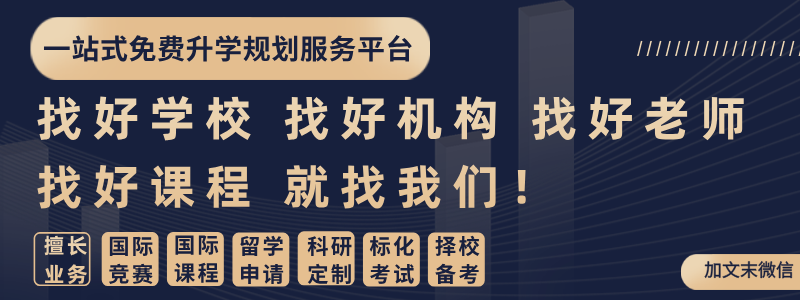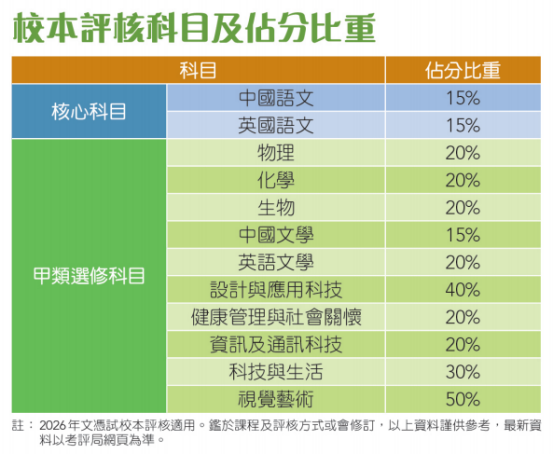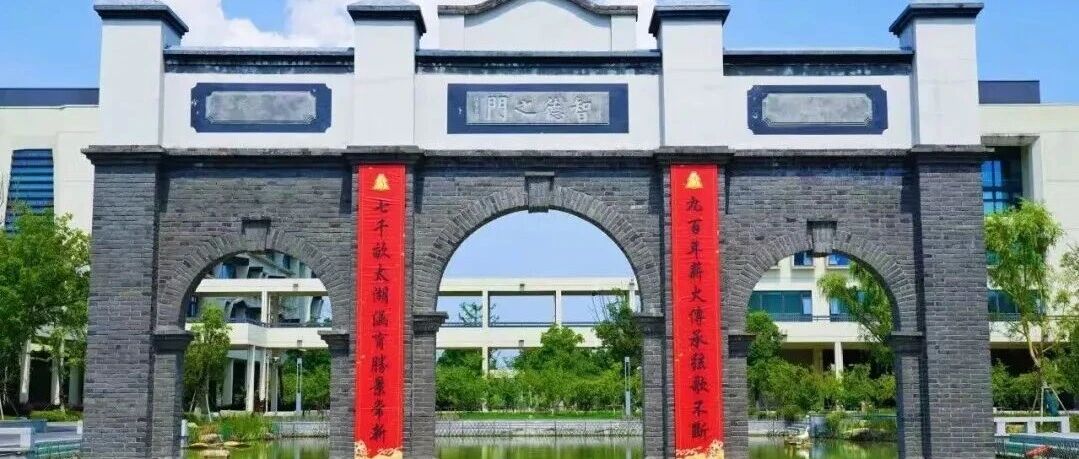Sample Cases新鲜出炉
上周,我们公布了秋季赛的具体安排,其中包括线上赛的时间,和城市赛的开设城市与时间等具体和比赛相关的细节。
今天为大家打响新赛季的第一枪,敲锣打鼓公布我们的Pro and Con side Sample cases (正反方参考辩论稿)。
希望大家从Sample Cases中学到了一些有价值的东西,可以是论点,也可以是Cases的结构。
? 什么是Sample Cases
Cases是大家需要在公共论坛式辩论( Public Forum Debate)的立论发言(Constructive Speech)读的4分钟稿子。
所以选手可以通过提前写完,来在赛场上直接朗读出来。
Sample Cases里面的参考论点帮助大家更清楚地表达自己的看法。就像是拿到了地图,我们能更好地知道自己要去哪里。
与此同时,通过阅读别人的论点希望可以激发选手们的思考。学习他人的逻辑和思考,从而更好地应对挑战和质疑。
Pro Case
We affirm the resolution. Resolved: "The benefits of resource extraction in the Arctic Circle outweigh the harms."
Contention 1: Economic Growth
Resource extraction in the Arctic can stimulate economic growth and improve resource security.
The Arctic region is estimated to hold significant reserves of oil, natural gas, and minerals. According to the United States Geological Survey (USGS), the Arctic may contain about 13% of the world's undiscovered oil reserves and about 30% of its undiscovered natural gas reserves.
Resource extraction projects can contribute to local economic growth and job creation. For instance, the Alaska Oil and Gas Association states that the oil and gas industries support around 110,000 jobs in Alaska and contributes significantly to the state's economy.
Contention 2: Energy Security
Extracting Arctic resources enhances energy security and reduces dependence on unstable regions.
The International Energy Agency (IEA) notes that Arctic resources could help diversify energy sources and reduce geopolitical risks associated with supply disruptions.
Access to Arctic oil and gas reserves can mitigate the vulnerability of energy-importing countries to external disruptions. For example, the U.S. Energy Information Administration (EIA) states that the Arctic's energy resources could contribute to reducing U.S. oil import dependence.
Contention 3: Technological Advancements
Challenges posed by the Arctic environment can drive technological advancements and innovation.
The World Economic Forum (WEF) highlights how industries in the Arctic are developing new technologies related to icebreaking ships, remote sensing, and sustainable energy solutions that have applications beyond the region.
Arctic exploration has led to advancements in navigation and satellite technology. The European Space Agency (ESA) states that Arctic research has improved satellite navigation systems, enhancing global navigation accuracy.
Contention 4: Increased trade
The melting Arctic ice has opened new shipping routes and access to previously inaccessible areas.
The Arctic Council's "Arctic Shipping Assessment 2009 Report" discusses the potential for shorter shipping routes between Europe and Asia through the Arctic, reducing transit times and fuel consumption.
Increased global trade due to the opening up of the Arctic can have significant positive impacts on economies throughout the globe.
For all these reasons, we are proud to affirm.
Con Case
We negate the resolution. Resolved: "The benefits of resource extraction in the Arctic Circle outweigh the harms."
Contention 1. Environmental Impact and Irreversible Damage
Resource extraction in the Arctic Circle poses significant environmental risks.
The Arctic's extreme conditions and unique ecosystems make it exceptionally vulnerable to habitat disruption and oil spills. The Deepwater Horizon oil spill in the Gulf of Mexico serves as a stark reminder of the catastrophic environmental consequences of large-scale oil spills. The Arctic's harsh conditions make cleanup and containment even more challenging, amplifying the risks of similar disasters.
The National Oceanic and Atmospheric Administration (NOAA) reports that Arctic ecosystems are highly sensitive to disruption due to the extreme cold and limited biodiversity, which can lead to long-lasting ecological damage. The potential consequences could lead to irreversible damage to fragile Arctic ecosystems and affect the global environment.
Contention 2: Cultural Impact and Indigenous Communities
Resource extraction threatens the cultural heritage and well-being of indigenous communities in the Arctic.
The Sami people of northern Europe face challenges as resource extraction encroaches on their traditional reindeer herding areas. This disruption not only threatens their cultural heritage but also jeopardizes their livelihoods. Indigenous communities have deep-rooted connections to the land and resources, and extraction activities can lead to displacement and disruption of traditional practices.
The United Nations Environment Programme (UNEP) emphasizes that resource extraction can result in the displacement of indigenous communities and disrupt their traditional way of life, leading to social inequalities. The loss of cultural identity and displacement can have lasting social and psychological impacts on indigenous populations.
Contention 3: Climate Change and Global Consequences
Resource extraction in the Arctic contributes to climate change and its global ramifications.
Extracting and burning fossil fuels in the Arctic accelerates warming, contributing to rising sea levels and unpredictable weather patterns. A warmer Arctic accelerates the melting of the Greenland ice sheet, which, if fully melted, would raise sea levels by approximately 7 meters (23 feet), endangering coastal cities worldwide.
The Intergovernmental Panel on Climate Change (IPCC) notes that the Arctic is warming at an alarming rate, which contributes to melting ice and rising sea levels, posing a threat to coastal communities worldwide. The impacts of climate change extend beyond the Arctic, affecting global weather, sea levels, and ecosystems.
For all these reasons, we are proud to negate.














